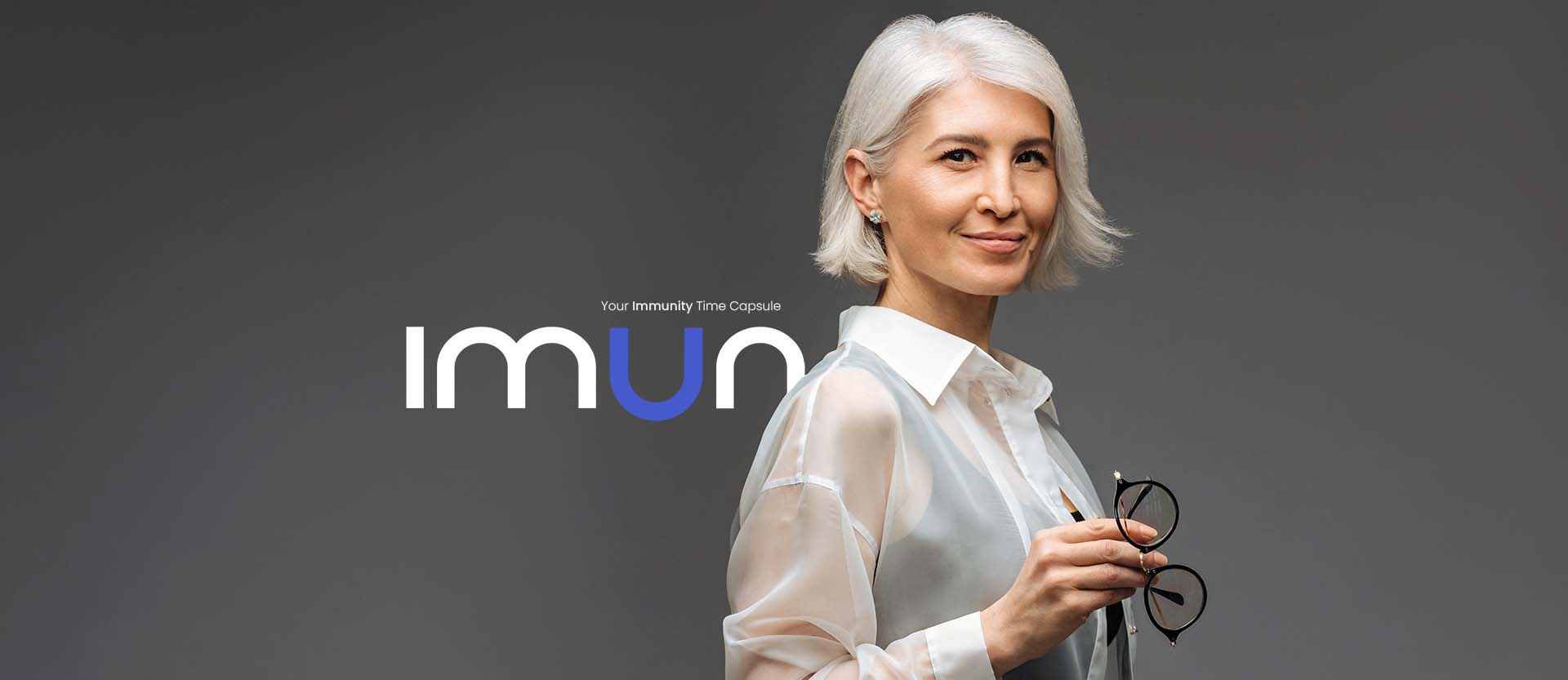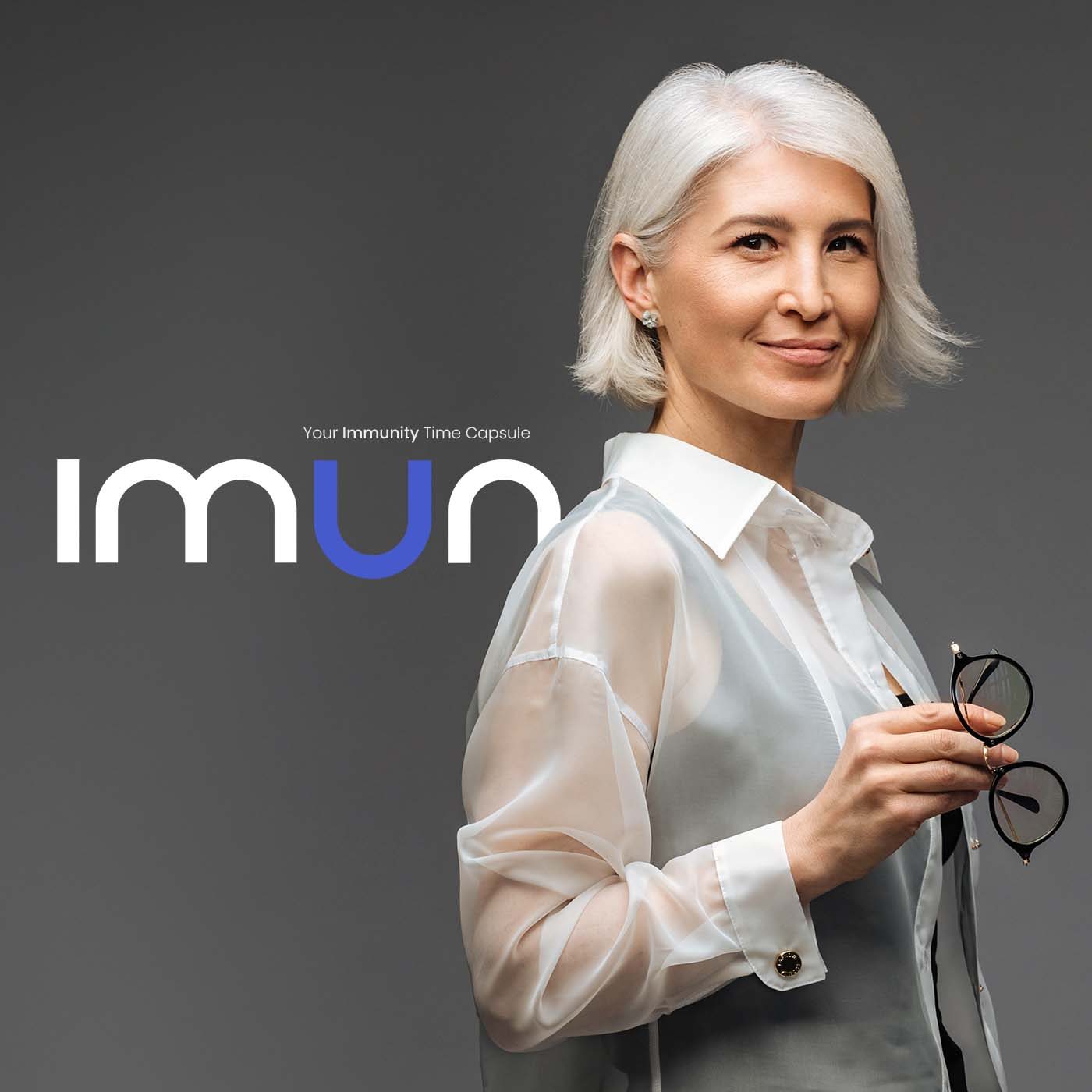
F.A.Q.
Anyone with a family history of cancer and anyone over the age of 18, who is healthy, should consider banking their immune cells.
Indefinitely. Once cells are at -196°C the cells are metabolically inactive, and ‘suspended in time’ practically forever. Life resumes again when the cells are thawed from cryogenic freeze. Scientific cell-banking data over the last 70 years supports this method of long-term storage, and its ongoing viability.
No, unfortunately not. Your immune system is as unique as your fingerprint. Only autologous cells can be used.
Currently, T cell immunotherapy approved FDA known as CAR T-cell therapy is being used for advanced B-cell lymphoma. As of 2019, there are also more than 800 ongoing clinical trials using CAR T cell therapy to treat over 40 different solid and blood cancers.
Scientific medical literature supports the use of immune cell therapy for almost any type of cancer. It has also shown promising results for patients with Alzheimer’s and Diabetes.
No, you should immediately bank your blood to have your healthy immune system banked prior to beginning chemotherapy and other cancer treatments.
Absolutely. Our immune system begins to decline over time. This decline happens even more rapidly in individuals who have a genetic predisposition to cancer (as well as other diseases). Individuals who face a higher risk of disease should bank their immune cells while they are still relatively healthy.


